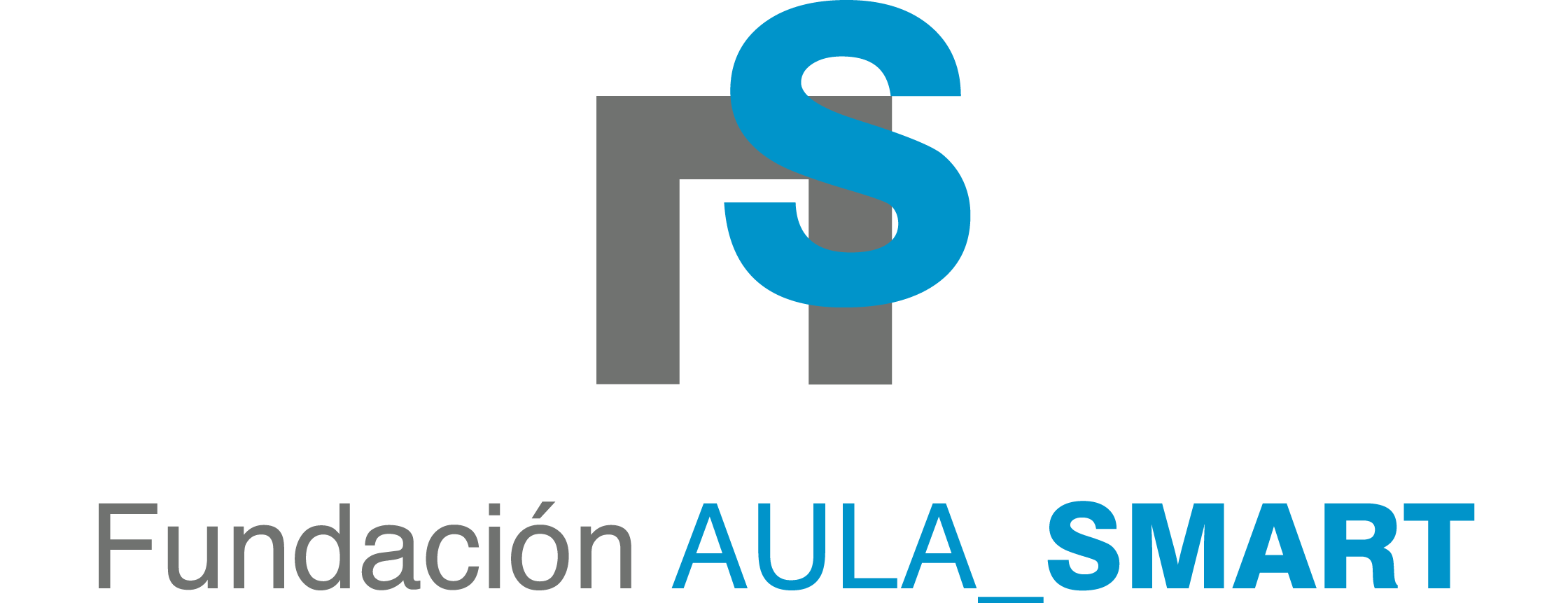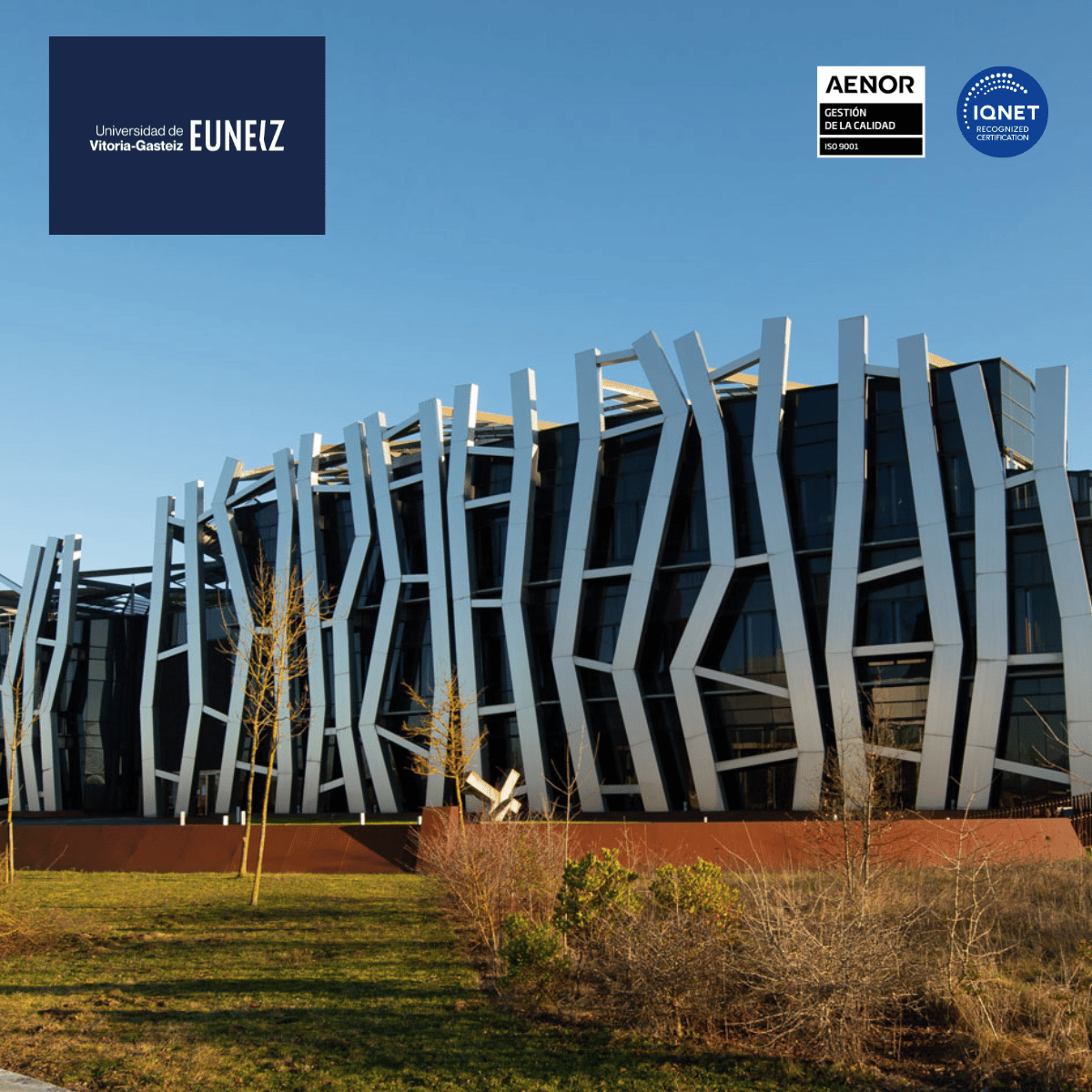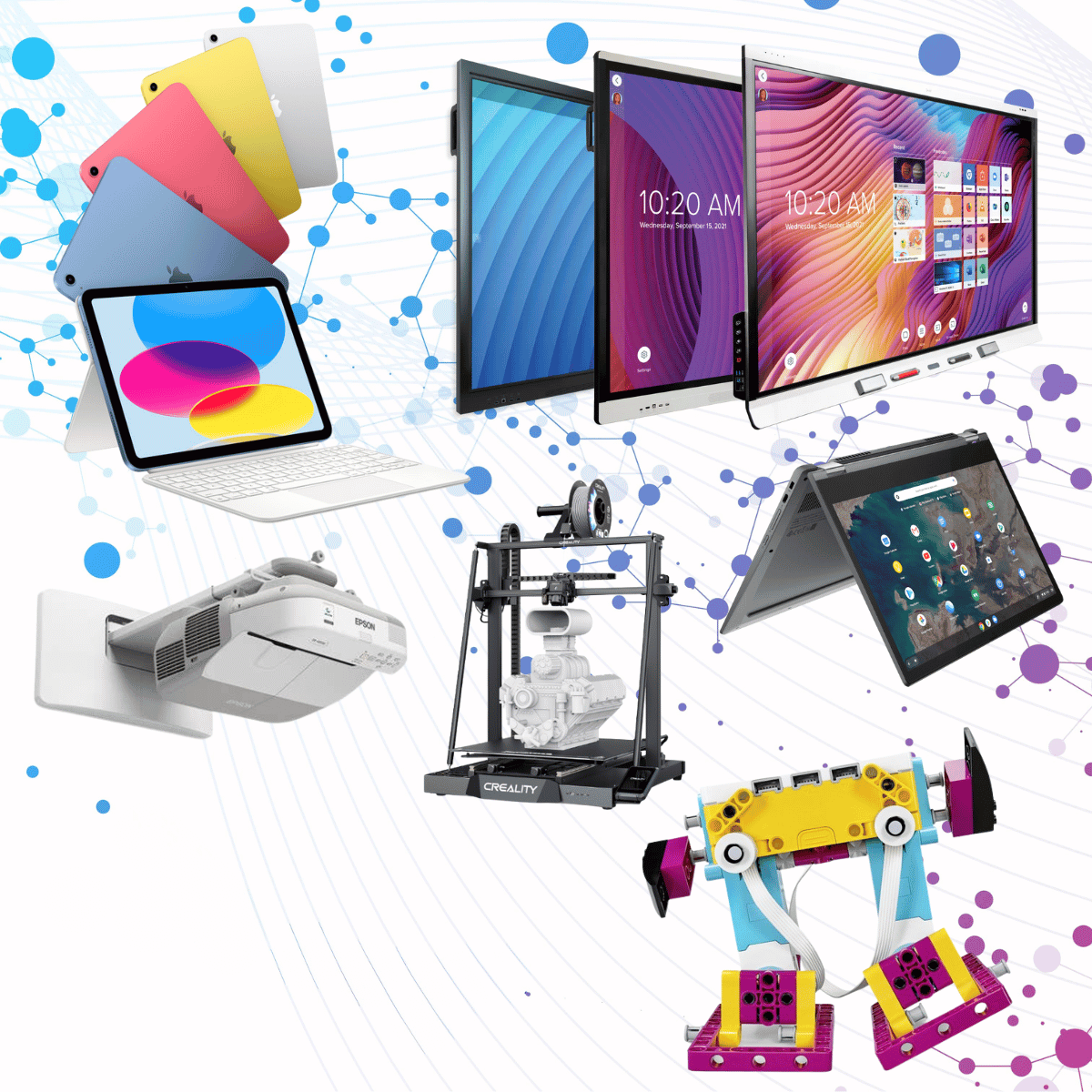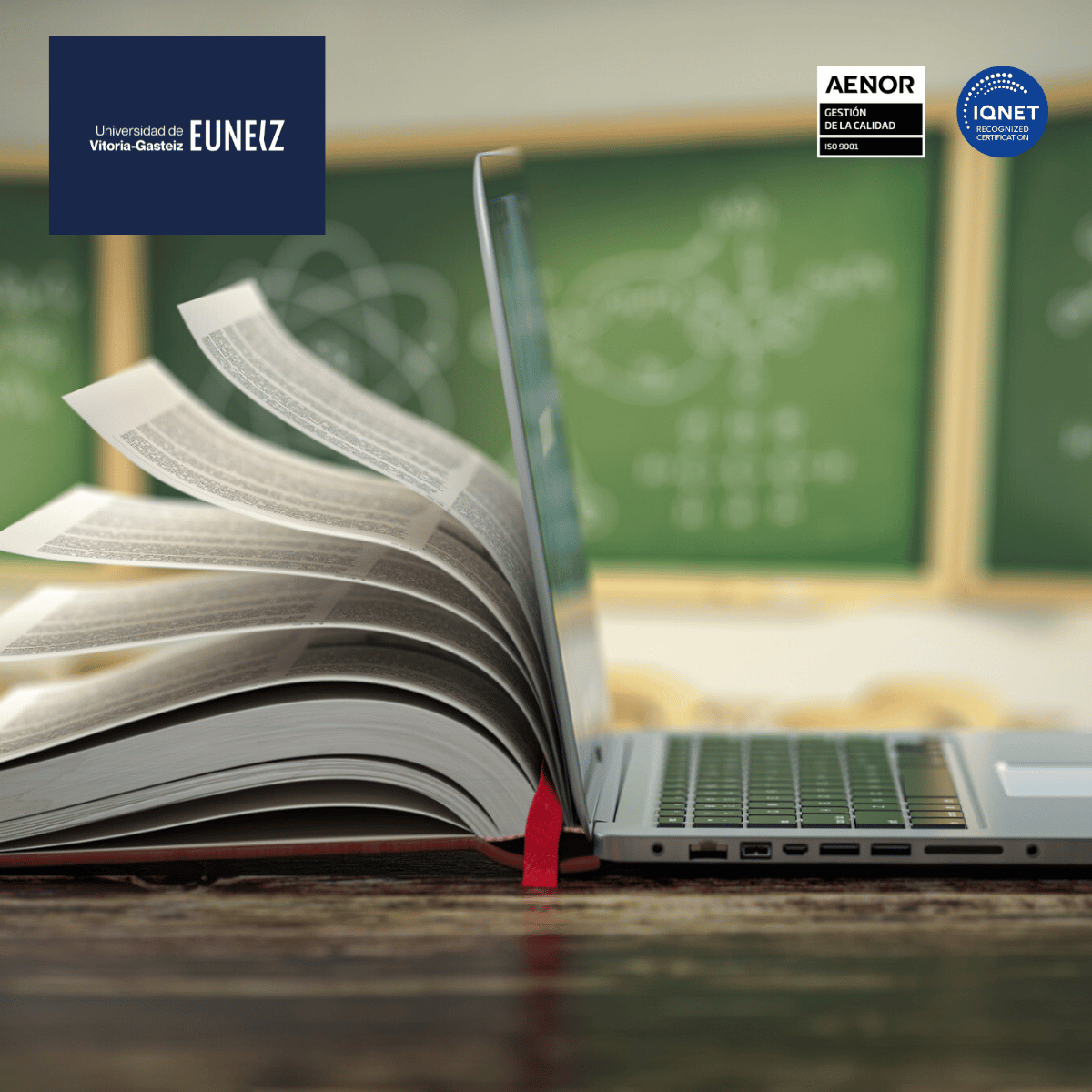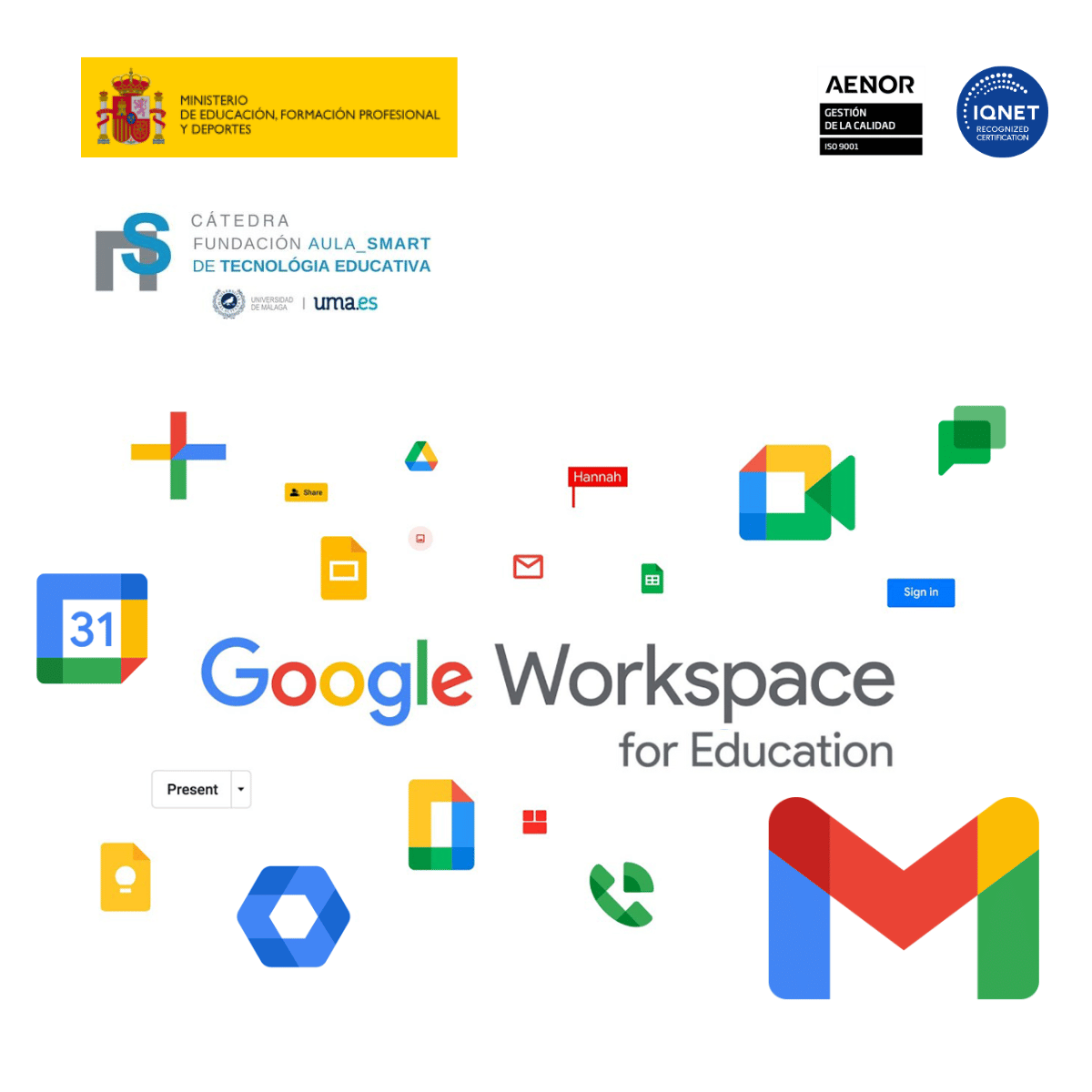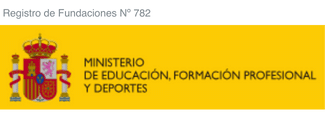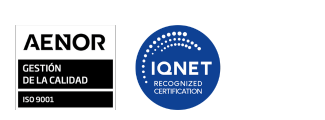
University Specialization Course in:
Exhaust games: Educational Breakout
Innova in your classroom with the course "Exhaust games: educational breakout"! Learn to create gamification spaces to promote social and mental skills in your students. Online course, 100% bonus and university degree. Sign up now and receive a free ICT team!
Free registration for the teacher and 100% bonus through Fundae for private and concerted centers, as long as you are in the General Social Security regime, RD 694/2017, of July 3. (Sign up through your center)
Course included in the AUGE_TIC AUGES PROGRAM. Every 100 hours of training, the Aula_Smart Foundation donates a laptop, iPad, Chromebook or other ICT equipment. (Valid for all teachers of private, concerted and public centers)
University degree obtained
Para la obtención del Título Universitario expedido por la Universidad de Vitoria-Gasteiz (EUNEIZ), es necesario realizar el abono correspondiente a los derechos de expedición una vez completado el curso.
A continuación, se detallan las tarifas según la duración del programa formativo:
Derechos de expedición:
- Cursos de 50 horas: 54,78 €
- Cursos de 100 horas: 83,38 €
- Cursos de 110 horas: 94,38 €
- Cursos de 120 horas: 94,38 €
Le agradecemos su compromiso con la formación continua y quedamos a su disposición para resolver cualquier consulta sobre el proceso de expedición.
Date start courses
All communities
- January 22, 2025 to March 17, 2025
- February 12, 2025 to April 7, 2025
- March 5, 2025 to April 28, 2025
- April 2, 2025 to May 20, 2025
- May 7, 2025 to June 26, 2025
- June 4, 2025 to July 24, 2025
- July 2, 2025 to August 7, 2025
Catalonia
- January 22, 2025 to April 9, 2025
- February 12, 2025 to May 5, 2025
- March 5, 2025 to May 23, 2025
- April 2, 2025 to June 13, 2025
- May 7, 2025 to July 22, 2025
Degree: University of Vitoria-Gasteiz Euneiz
Duration: 110 hours
Credits: 4 ECTS
Modality: Online
Place: Cabeula_interactive Campus
Cost: No cost to the center or the teacher. RD 694/2017, of July 3
Fundae: 100% bonus
FA_S donation: laptop, iPad, Chromebook or ICT equipment every 100 hours of training
Valid to score in the Baremo of Teaching Oppositions according to the R.D. 276/2007 of February 23 and for the scale corresponding to the state -level transfers contest, according to Royal Decree 1364/2010 of October 29.
(*) No cost to the center or the teacher according to RD 694/2017, of July 3.
(**) For students who are not going to take the course through their center


Exhaust games: Educational Breakout
Goals
The general objective of this course is to provide teachers with the necessary strategies to create gamification spaces within the classroom, in order to promote students' social and mental skills through the resolution of enigmas and tests. In addition, it will be taught what are the most appropriate resources and evaluation criteria for this work methodology. In summary, the main objective of the course is to learn to elaborate an educational breakout.
This general objective is specified in a series of specific objectives:
• Know what an educational breakout and its main characteristics are: participants will learn to define and understand the concept of educational breakout and its main characteristics.
• Study the basis of gamification: participants will study the basis of gamification, which constitutes the foundation of the educational breakout.
• Distinguish the main steps to follow to create an educational breakout: participants will learn to identify and follow the main steps to create an educational breakout.
• Know the different tests and clues that can be used in educational Breakout: Participants will learn to identify and use different tests and clues in educational breakout.
• Analyze and create examples of educational breakouts in different stages: participants will have the opportunity to analyze and create examples of educational breakouts for different educational stages.
• Learn to make a digital breakout from Google tools: Participants will learn to use various Google tools to create a digital breakout.
At the end of the course, participants will have acquired a solid understanding of how exhaust games can be used to improve teaching and learning. They will be equipped with the skills and knowledge necessary to integrate the educational breakout into their teaching practice effectively and safely

Exhaust games: Educational Breakout
What prepares you
The "University Specialization Course in Exhaust Games: Educational Breakout" can open several professional exits, mainly in the field of education:
Innovative Teacher: This course prepares you to be a teacher who uses innovative methods in the classroom. You can apply educational Gamification and Exhaust games to improve teaching and learning.
Educational Games Designer: With the knowledge acquired in this course, you could design and develop your own educational exhaust games, both physical and digital.
Gamification consultant: You could work as a gamification consultant, helping schools and other teachers to implement gamification and escape games in their classrooms.
Teacher Trainer: You could give training other teachers about how to use gamification and exhaust games in teaching.
These are just some of the possibilities. Gamification and educational escape games are rapid growth areas in education, so this course could open many doors in the future. Remember that the key is how you apply the knowledge acquired in your professional context.

Exhaust games: Educational Breakout
Who is it addressed
The "University Specialization Course in Escape Games: Educational Breakout" is mainly aimed at:
Teachers: This course is ideal for teachers who seek to innovate in their teaching methods and are interested in gamification and educational escape games.
Education professionals: professionals who work in the field of education and wish to incorporate new strategies to improve student learning can also benefit from this course.
Educational game designers: Those who are interested in the design of educational games and want to learn more about how exhaust games can be used in an educational context.
Pedagogy or education students: students who are studying to become teachers and wish to expand their skills and knowledge in innovative teaching methods.
In summary, this course is aimed at anyone who is interested in gamification and educational exhaust games and wants to learn to implement them in an educational environment. However, it is especially relevant to teachers and other education professionals.

Exhaust games: Educational Breakout
Methodology
The course methodology is based on 100%online learning, through the Aula_Smart virtual campus, an innovative and easy -to -use platform, which will allow you to access all the contents and resources of the course from anywhere and device. The course has a highly specialized teaching team, formed by education professionals with extensive experience and training in the analysis of teaching skills. They will accompany you and guide you throughout the learning process, through personalized tutorials, chat, email and even videoconference. The teaching method is totally multidisciplinary, since it combines different pedagogical approaches and strategies, such as:
- Theoretical contents, where the fundamental concepts and principles of the analysis of the teaching skills will be presented, as well as the normative and reference frameworks that regulate them.
- Practical contents, where theoretical knowledge will be applied to real or simulated cases of educational practice, using tools and methodologies to evaluate and develop teaching skills.
- Self -assessment activities, where you will reflect on the teaching performance itself and on the areas of strength and improvement, as well as on the strategies to enhance them.
- Collaborative learning activities, where the exchange of experiences, opinions and proposals through forums will be promoted.
In this way, the course methodology offers you dynamic, participatory and adapted training to your needs and interests, which prepares you to be a competent and effective teacher, capable of adapting to the demands and challenges of current education.

Exhaust games: Educational Breakout
Official character
Valid to score in the Baremo of Teaching Oppositions according to the R.D. 276/2007 of February 23 and for the scale corresponding to the state -level transfers contest, according to Royal Decree 1364/2010 of October 29.
This training is not included in the scope of official regulated training (Infant Education, Primary Education, Secondary Education, Official Professional Training FP, Baccalaureate, University Degree, Official University Master and PhD). It is therefore a complementary and/or specialization training, aimed at acquiring certain skills, skills or aptitudes of a professional nature, being able to be barely as merit in work bags and/or opposition competitions, always within the training section Complementary and/or continuous training being always essential to review the specific requirements of the public labor stock market that we want to present ourselves.
Exhaust games: Educational Breakout
Syllabus
Download the agenda in .pdf format
Topic 1
1.1 Introduction
1.2 CONCEPTS: ESCAPE ROOM AND EDUCATIONAL BREAKOUT
1.2.1 History
1.2.2 Benefits
1.3 Breakout pedagogical connection
1.4 Phases of implementation of a escape game
1.4.1 Moments to make an escape game
1.4.2 Most popular themes in escape games
1.5 Reasons to make an educational breakout
1.6 Breakout Edu
1.7 Experiences with Educational Breakout
1.8 Summary
Topic 2
2.1 Introduction
2.2 Gamification: Definition and Relationship with Learning
2.2.1 Definition of gamification
2.2.2 Gamification and learning
2.2.3 Gamification models
2.3 Motivation
2.3.1 behaviorism and cognitivism
2.3.2 Intrinsic or internal motivation
2.3.3 External or extrinsic motivation
2.4 The players
2.4.1 Bartle's model
2.4.2 Marczewski's model
2.4.3 The Valderrama model (the reasons)
2.5 Elements of the game
2.5.1 dynamics
2.5.2 Mechanics
2.5.3 Components
2.6 Aesthetics and narrative
2.6.1 Aesthetics. Aesthetics and design
2.6.2 The narrative. Definition and functions
2.7 Summary
Topic 3
3.1 Introduction
3.2 Choice of theme
3.3 Mission
3.4 OBJECTIVES
3.5 Participants
3.6 Professor's role
3.7 Temporalization
3.8 Game setting
3.8.1 Space
3.8.2 Resources
3.8.3 Narrative and aesthetics
3.9 Types of tests and tracks
3.10 Recognition and rewards
3.11 EVALUATION
3.12 Summary
Topic 4
4.1. Introduction
4.2 Word tracks
4.3 Numerical tracks
4.4 clues for discovery
4.5 hidden tracks
4.6 resources
4.7 Summary
Topic 5
5.1 Introduction
5.2 Breakout for Early Childhood Education
5.2.1 Choice of theme
5.2.2 Mission
5.2.3 Objectives
5.2.4 Participants
5.2.5 Professor's role
5.2.7 game scenario
5.2.8 Types of tests and tracks
5.2.9 Evaluation
5.3 Breakout for Primary Education
5.3.1 Choice of theme
5.3.2 Mission
5.3.3 Objectives
5.3.4 Participants
5.3.5 Professor's role
5.3.6 Temporalization
5.3.7 game scenario
5.3.8 Types of tests and tracks
5.3.9 Evaluation
5.4 Breakout for Secondary Education
5.4.1 Choice of theme
5.4.2 Mission
5.4.3 Objectives
5.4.4 Participants
5.4.5 Professor's role
5.4.6 Temporalization
5.4.7 game scenario
5.4.8 Types of tests and tracks
5.4.9 Evaluation
5.5. Summary
Topic 6
6.1 Introduction
6.2 Breakout with Google tools
6.2.1 Choice of theme
6.2.2 Mission
6.2.3 Objectives
6.2.4 Participants
6.2.5 Role of the teacher
6.2.6 Temporalization
6.2.7 game scenario
6.2.8 Types of tests and tracks
6.2.8.1 Google forms
6.2.8.2 Google spreadsheets
6.2.8.3 Google Maps
6.2.8.4 Google Presentations
6.2.8.5 Google sites
6.2.9 Digital locks
6.2.10 Evaluation
6.3 Breakout with Actionbound
6.3.1 steps to follow to create an actionbound
6.3.2. Creation of a breakout from the actionbound web
6.3.3 Actionbound from the app
6.4 Summary
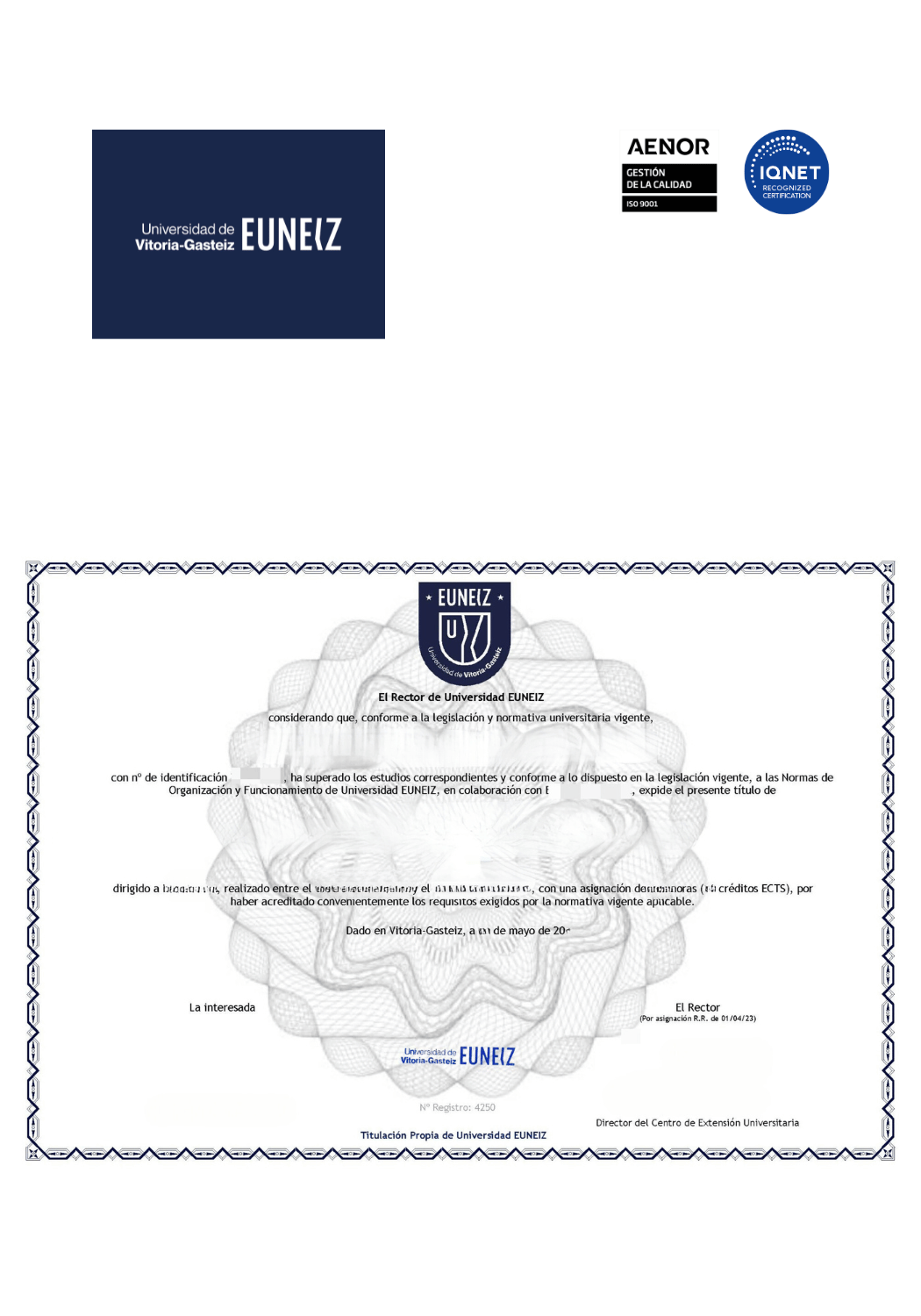

Exhaust games: Educational Breakout
Degree
Homologable oppositions
Permanent training courses are valid to score in the scale of teaching opposition The calls for oppositions of the Spanish territory, according to the R.D. 276/2007 of February 23 (BOE 2/3/2007) of access to the public teaching function. These courses are also valid for the scale corresponding to the state -level transfers contest, according to Royal Decree 1364/2010 of October 29.
The duration of the courses in Catalonia should not exceed 10 hours per week and in Castilla y León 20 hours a week to be taken into account in their entirety according to the latest published bulletins (Dogc No. 6205 of 3/9/2012 and Bocyl nº 241 of 12/16/2014), so we have adapted the period of realization of them.
Exhaust games: Educational Breakout
Do you have any questions about this course?
You can send us your consultation by filling out this form or in the following ways:
- Through the phone (+34) 951 411 800
- Through email
comunicacion@fundacionaulasmart.org
Related courses
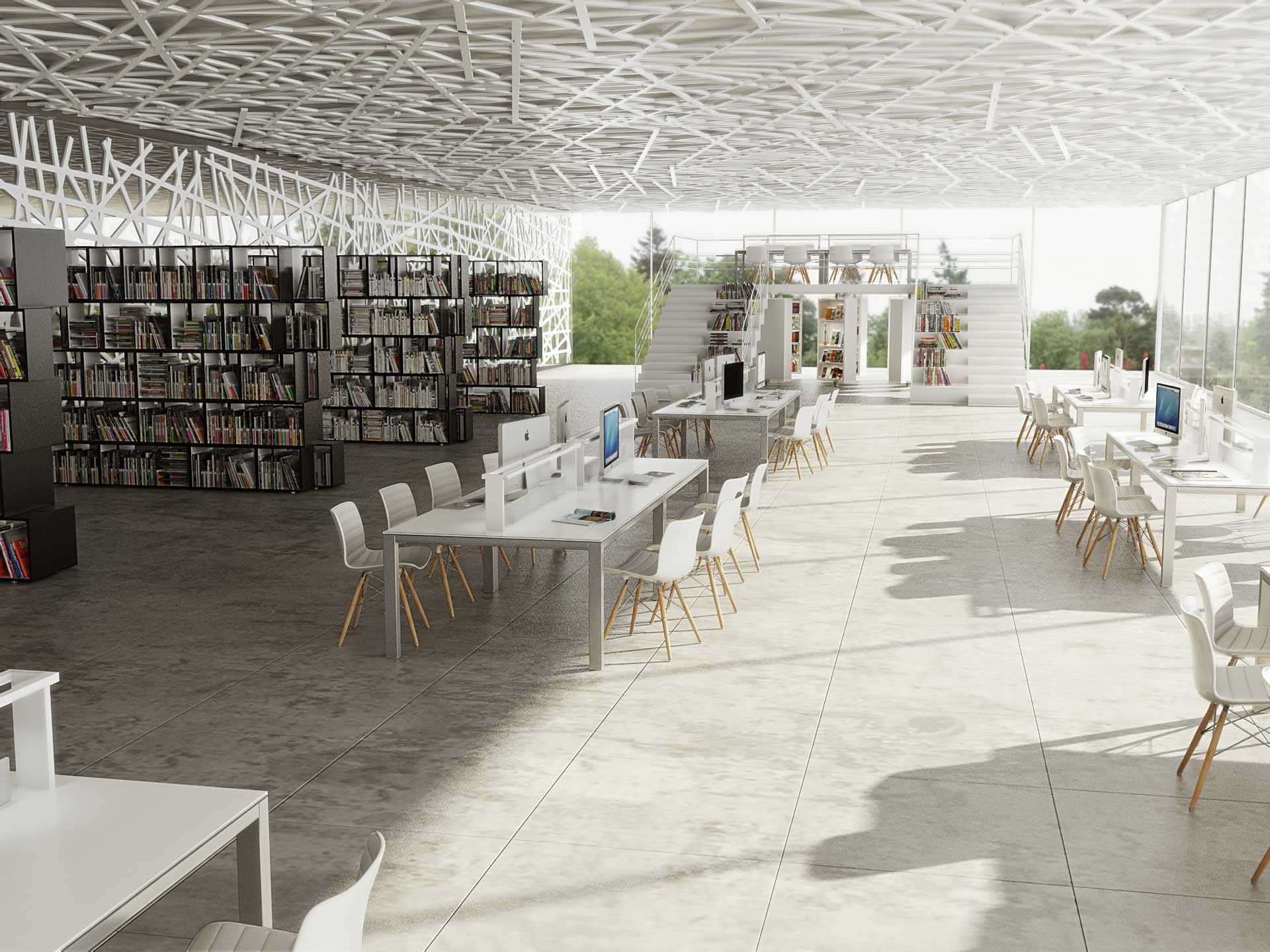
Aula_SMart® Foundation
From the Aula_Smart® Foundation we work to develop and incorporate
New technologies to the education sector.
Contact us
Do you have any questions?
You can also send us your consultation in the following ways:
- Through the phone (+34) 951 411 800
- Through email
comunicacion@fundacionaulasmart.org
AULA_SMART ® Foundation
C/ Palma del Río, 19 - Melior Building, 29004, Málaga
Telephone: +34 951 411 800
E-mail: comunicacion@fundacionaulasmart.org
Website: www.fundacionaulasMart.org
